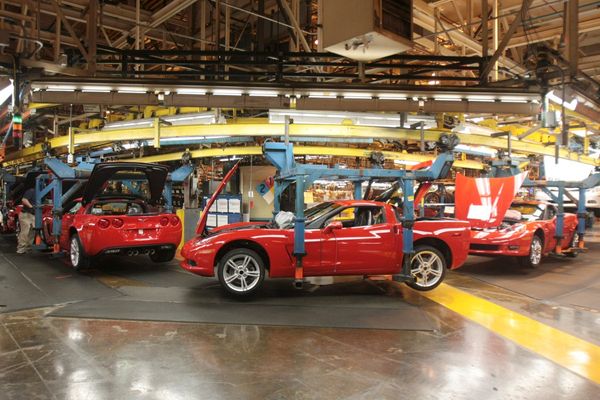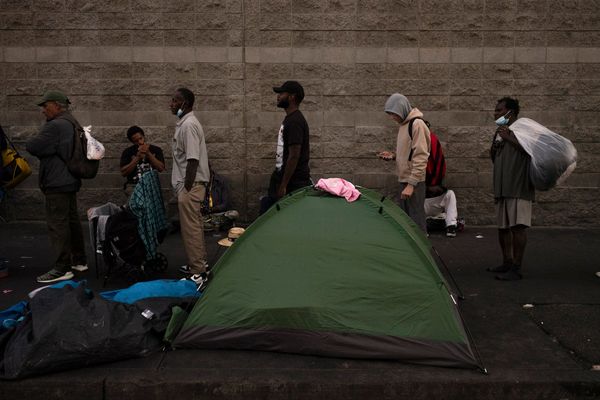After suffering family violence, Blake found himself homeless just before Victoria's COVID-19 lockdowns.
Blake, whose real name has been withheld for legal reasons, said trying to find support as a gay man was nearly impossible.
"People would give you the run-around," he said.
"It was very stressful."
Blake said the violence started as verbal abuse from his family as a teenager, before escalating to physical and financial abuse in his 20s.
The ABC saw emails that revealed Blake's persistent attempts to receive support from several organisations.
Multiple times Blake was referred to an organisation but, when he made contact, was told it could not help him.
Finding crisis accommodation was particularly difficult because in Victoria there were no refuges specifically for men.
Blake has decided to speak out in the hope other family violence survivors can find help much faster than he did.
Knocking on doors
The Safe Steps Family Violence Response Centre in 2020 gave Blake advice about safety planning but told him it could not offer housing support.
It recommended he contact organisations that supported men, including The Orange Door, a Victorian government-funded service for people experiencing family violence.
But when Blake contacted the service, he was encouraged to go elsewhere because "our men's program within The Orange Door works with men who have been identified as the perpetrators of violence".
"However, if you would still like to talk to someone at The Orange Door, please call back and ask to speak to the Mens Family Violence Duty worker," an email from the organisation said.
Two years later The Orange Door told Blake they provided support to "victim/survivors of family violence irrespective of gender", and admitted information previously given to him had been "misleading".
Ultimately The Orange Door did offer counselling services to Blake but, as they were not primarily a housing service, referred him to other organisations for housing support.
Blake believed clearer information could have helped him find housing and escape violence sooner.
"Knowing that they could have helped earlier, but they didn't, is really difficult," he said.
"I might not have experienced a couple of years of homelessness and worsening family violence."
A spokesperson from the state government organisation that oversaw The Orange Door told the ABC it was "continuing work to better understand the needs of male victim survivors".
"We're committed to building a more inclusive, safe, responsive and accountable family violence system for all," the Family Safety Victoria spokesperson said.
Additional hurdles
A Safe Steps spokesperson said domestic violence crisis services had been designed to respond primarily to women and children because they represented "the overwhelming majority" of people at risk of domestic violence.
"We know, however, that domestic and family violence can happen to anyone, and it is completely unacceptable that any person has difficulty accessing the support they need to be safe," the spokesperson said.
"There are not nearly enough resources to meet the demand for domestic and family violence crisis services across Australia and we support any measures to increase resources for those services."
Victoria currently has capacity to offer refuge to around 160 households a night.
Finally finding help
Eventually Blake found LGBTIQA+ organisation With Respect through an online search.
They referred him to Drummond Street Services' Queerspace, where he received more wholistic support.
Queerspace general manager Dr Paula Fernandez Arias said many queer family violence survivors found it difficult to access services.
"The family violence system is deeply gendered," she said.
"Systems that are gendered are not a good fit for queer people, particularly people who challenge the gender binary."
Dr Fernandez Arias said many LGBTIQA+ survivors did not seek support because it could be so difficult to find it.
She said better communicating what services were available was a priority.
"We've made progress, but across the sector we need a lot of education and upskilling," Dr Fernandez Arias said.
"Google is your friend. There are services out there for queer folk who are experiencing family violence, so reach out."







